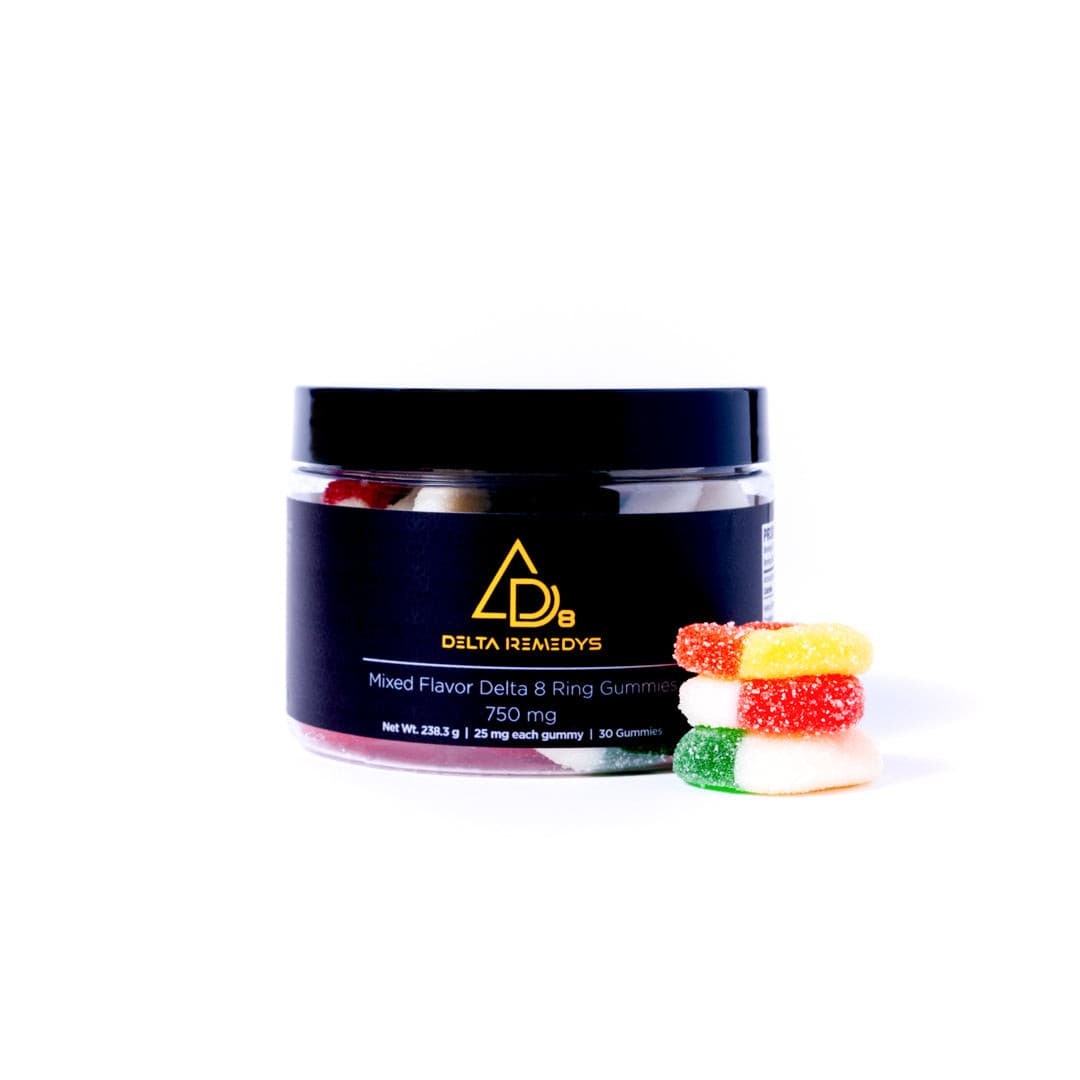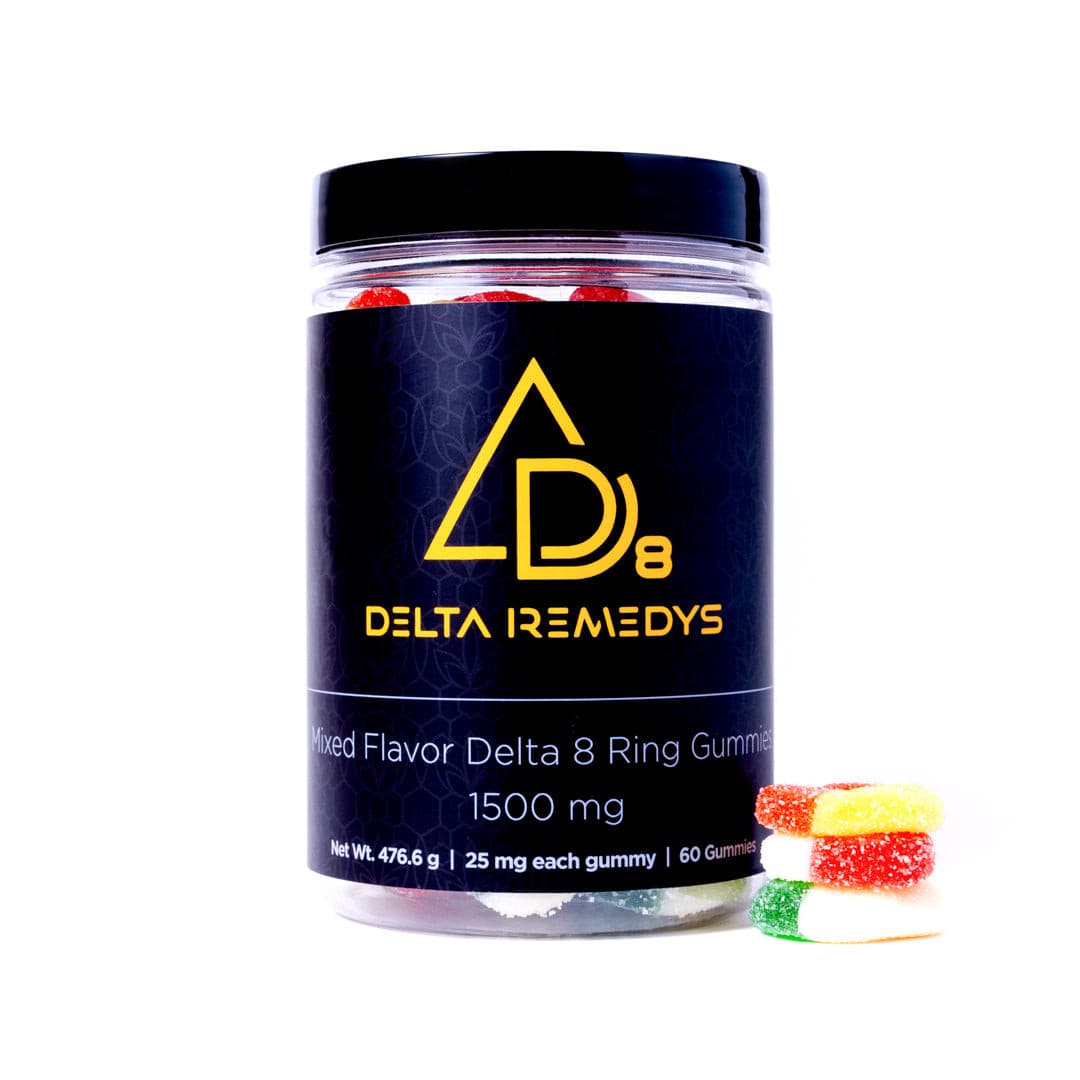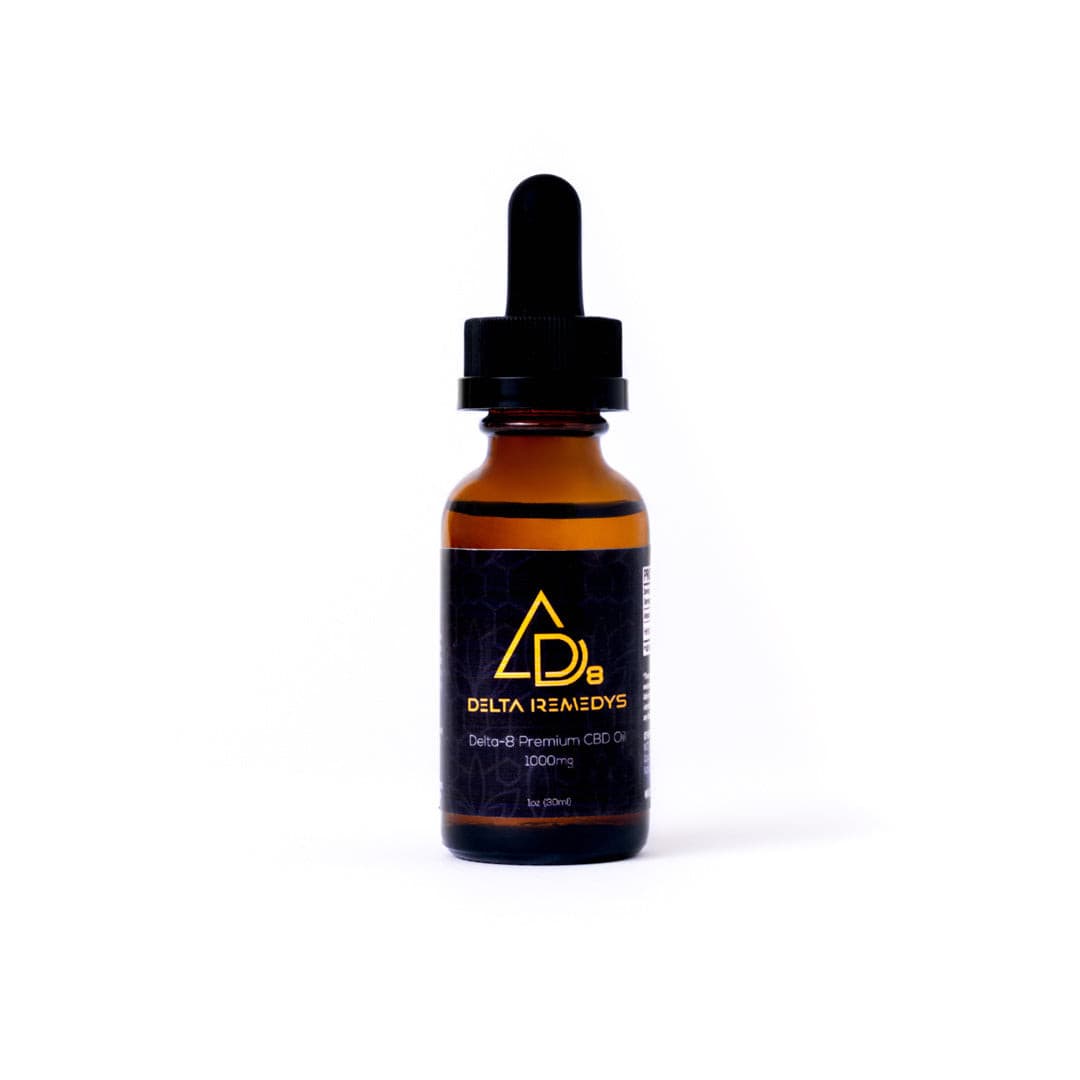Minor cannabinoids, including Delta-8 THC, are gaining popularity as a legal means to attain a psychoactive cannabis high along with many possible health advantages. Whereas cannabinol (CBD) and Delta-9 THC receive the vast majority of the attention in cannabis research and product development.
The sales of hemp-derived Delta-8 products have been skyrocketing in the US, as they provide a high that is extremely similar to that of potent THC when vaped, smoked, or consumed. This is because federal rules regarding cannabis are still unclear, thus these products are legal to own and use.
Whether or not Delta-8 THC is dangerous is one of the most prominent concerns about recreational cannabis.
The summary is that most people have not experienced any negative side effects from using safely ingested high-quality edibles. Some steps in the production process are problematic and even dangerous.
Here, we’ll define Delta-8 THC, go over its production process, and possible risks, and answer the question of whether or not it’s safe to use items containing this compound.
Delta-8 THC – Brief Introduction
“Diet weed” or “cannabis-lite” are terms used to describe the psychoactive compound Delta-8 THC, which is present in the Cannabis sativa plant. The cannabis plant naturally produces it in minute quantities, along with more than a hundred other cannabinoids.
Thus, cannabidiol (CBD) produced from hemp is usually used to make concentrated doses of Delta-8 THC.
Delta-9 THC, the most prevalent kind of THC in cannabis plants, is structurally very similar to Delta-8 THC. This means their physiological effects are almost identical. In particular, the cannabinoid type 1 (CB1) receptor, which is responsible for the euphoric effects of smoking cannabis or eating edibles laced with the plant, binds to both molecules.
However, studies show that Delta-8 THC Gummies binds to these CB1 receptors less strongly than Delta-9, reducing its intensity and impact. It seems that the increase in popularity and demand for Delta-8 THC products is due to this purportedly “milder” high.
Production Process
First, cannabinoids are extracted from the Cannabis sativa plant. Most cannabinoids are extracted by supercritical CO2 extraction, which uses compressed CO2. Cannabinoids are separated by short-path distillation after extraction.
Cannabinoids are reduced to their parts by boiling them, a technique that separates the Delta-8 THC from the rest of the extract. After isolation, Delta-8 THC can be used in edibles, vape oils, topicals, and tinctures.
This process is intricate because hemp plants contain trace levels of Delta-8 THC (being a minor cannabinoid). Chemically turning hemp CBD into Delta-8 THC with acids and solvents is a typical industrial method.
Some companies do this cleanly and responsibly, leaving no hazardous materials behind, but some Delta-8 THC products contain solvents and heavy metals that could pose risks for some people, especially those with compromised immune systems.
That is why it is essential to source high-quality cannabidiol and Delta-8 THC extracted from hemp through third-party testing.
Legal Status
The US still recognizes Delta-8 THC as a lawful substance. Officials at the state and municipal levels, however, are playing hard to put a ban on D8 THC Gummies and other products.
Since Delta-8 is technically unregulated, the topic is a bit tricky to discuss. While Delta-9 is the only chemical subject to federal regulation, both products are illegal in some states.
Despite an ongoing dispute regarding its classification as an illicit narcotic, Delta-8 is legally legal in Texas as things stand. However, the process of deriving Delta-8 for industrial use is unlawful.
Due to its excellent market demand, this chemical is synthesized because it does not occur naturally in substantial quantities. The majority of synthetic cannabis and its associated ingredients were criminalized in 2011, and new, more stringent laws were enacted in 2021, ten years later.
Basically, the Delta-8 Edibles are not against the law on their own. Nevertheless, the method employed to manufacture it in large quantities for sale is against the law. This substance is thus left in a state of uncertainty.
Delta-8 THC -Common Risks
Some people think that Delta-8 can help with a variety of health issues, including stress, inflammation, anxiety, depression, and chronic pain. Even if it has beneficial effects, there are a few things to consider before using it.
Here’s what you need to consider:
1. Effects on Young People
The likelihood of developing a cannabis use disorder is four to seven times higher in adolescents than in adults. Even though young people may not give it much thought, they must understand that regular use poses risks to their health, just like the case with HHC Gummies.
Also, emergency rooms and poison control centers around the country are receiving reports of children who accidentally ingested Delta-8 THC products. Ensure all D8 goods are protected and kept out of children’s reach, and talk with young people about Delta-8 positively.
2. Dosage Excess
When you take in too much Delta-8 THC, you might experience some undesirable side effects like lethargy, anxiety, paranoia, dry mouth, and an upset stomach. Do not handle heavy machinery or drive a vehicle while under the impression of Delta-8 THC; it can slow your reflexes and affect your judgment.
3. Unethical Manufacturing Process
To create Delta-8 THC, some companies use chemical synthesis, which can include the use of potentially harmful common household substances.
To alter the final product’s hue, other chemicals could be added. The chemical processing steps increase the likelihood that the final Delta-8 THC product will include impurities. The composition of the initial raw material determines the presence or production of additional contaminants, the exact nature of which is unknown.
Many compounds are hazardous if inhaled or eaten, including those employed in the production of Delta-8 THC, its by-products, and other products like HHC Gummies.
4. Allegedly Labeling Practices
Among 27 items containing Delta-8-THC, researchers at the University of Rochester Medical Center discovered that not a single one had the amount of this ingredient stated on the label (as per the study released in December 2021).
The presence of heavy metals like lead and mercury and the byproducts of Delta-9-THC made all of them potentially dangerous.
Another concern is that consumers may unintentionally ingest more than they intended due to misleading labeling of Delta-8 items, such as products containing more of this component than what is stated on the label. An additional issue with many CBD products is their mislabeling.
Preventing Dangerous Delta-8 THC
Avoiding potentially harmful Delta-8 products is as simple as sticking to trusted manufacturers. Anyone can jump on the D8 rush and sell their products because Delta-8-THC is not heavily regulated.
The government has not issued any regulations for testing products for pollutants or producing safe products. Retailers must so establish their criteria.
Although the Food and Drug Administration does not oversee the production of Delta-8, purchasing it from brands like Delta Remedys that follow CGMP is still wise.
The Food and Drug Administration has established these rules to guarantee that pharmaceuticals are impure-free. Companies who go to great lengths to ensure their products comply with CGMP standards deserve your confidence.
Also, only buy Delta-8 and 9 from reputable companies with a lot of experience in the field if you want to avoid potentially harmful items. Businesses you can trust will have their items tested for toxins and will have certification from an independent body, just like Delta Remedys.
Finding Quality Delta-8-THC Products
It is not necessary to have a hard time finding quality Delta 8 tinctures or gummies and Delta 9 tinctures or gummies:
The following are some rules to adhere to:
- Verify if the manufacturer sends its products to independent labs for testing. By doing so, you may verify that the information on the product label is true and correct.
- Shop at stores that focus on selling hemp products: Don’t buy your D8 from a store that offers every imaginable product.
- Steer clear of Delta-8-THC products derived from hemp that have been exposed to synthetic fertilizers, growers, pesticides, or fungicides.
- Ensure the brand you choose provides COAs and third-party lab testing reports with transparency.
Final Words
Although products like Delta 8 Gummies and Delta 8 tinctures are easily accessible, buyers should consider the risks associated with the poor quality options. The most critical thing is to only buy Delta-8-THC items, or other cannabis products like Delta 10 Gummies, from stores that are honest about what they put in them. Always ask to view the lab findings from a trustworthy store to verify the contents.
In addition, minors should not ingest these products. Keep Delta-8 THC stuff out of the reach of children and pets at all times. Finally, beginners should take it easy when first starting to use Delta-8. Overdosing on D8 could have undesirable side effects.
Try Delta Remeyds’ hot-selling products like Delta 8 Gummies, Delta 9 gummies, Delta 9 tinctures, Delta 8 tinctures, and Delta 10 Gummies if you’re looking for high-quality, tested-in-lab, non-toxic items. When making D8 products, we exclusively use premium hemp extract.
Plus, you can choose your favorite flavor from various mouthwatering options available in Delta 9 gummies and Delta 8 Gummies.




